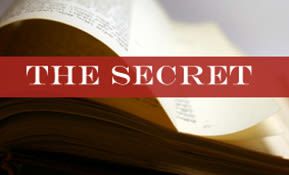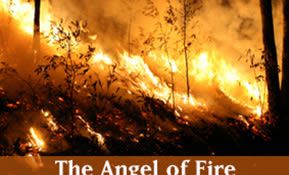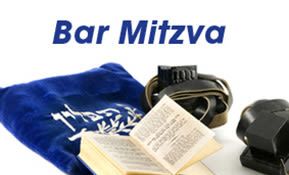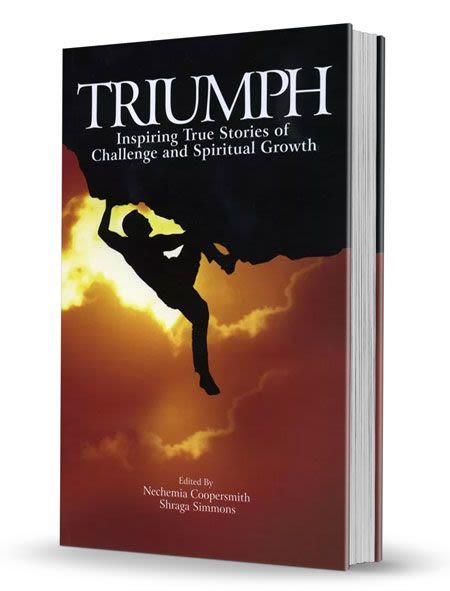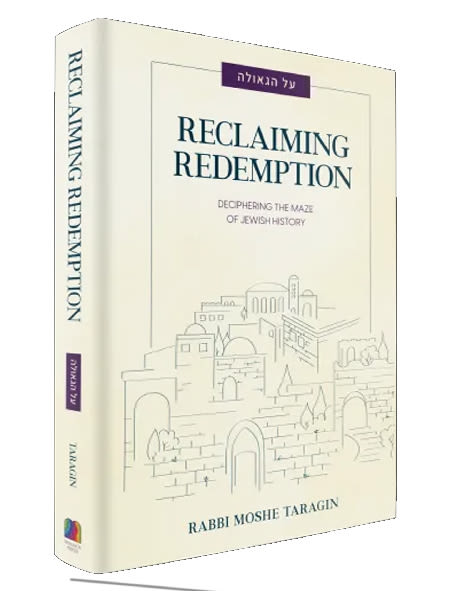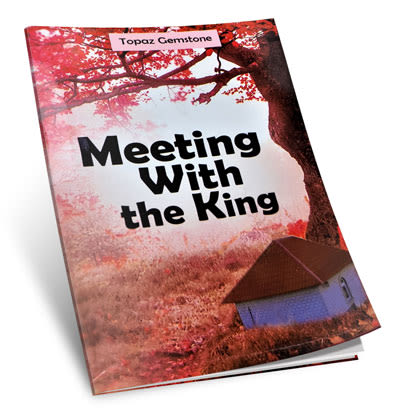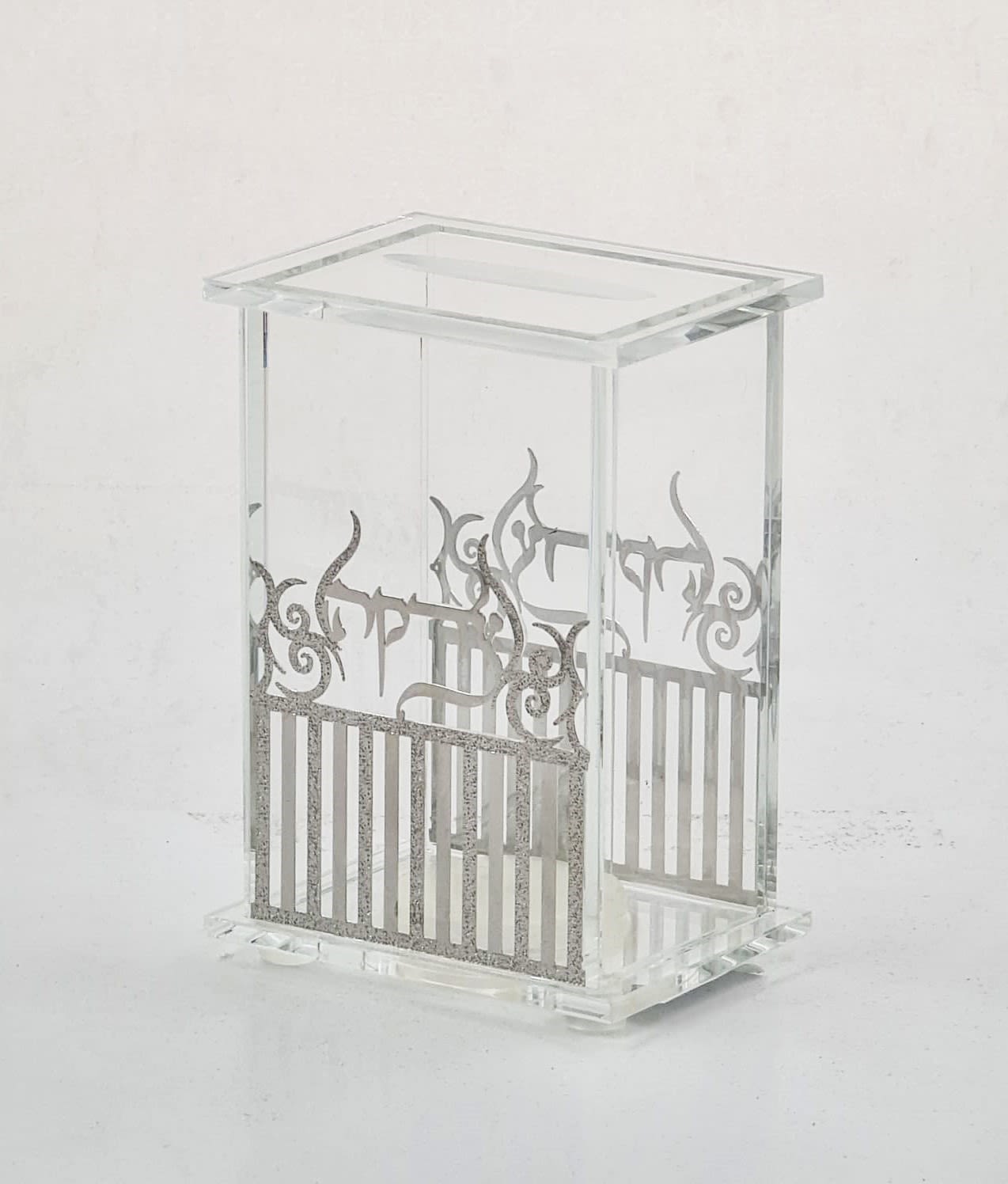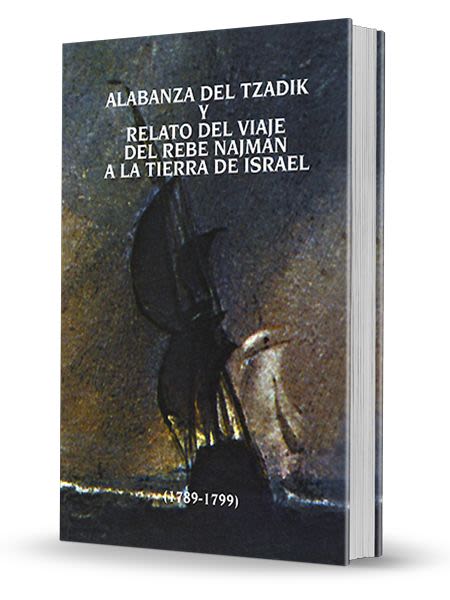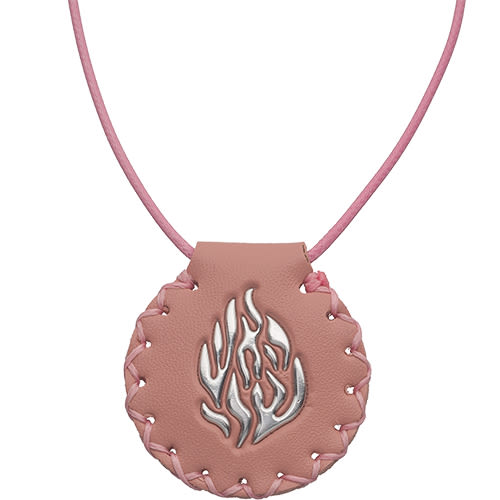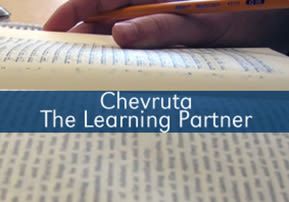
Chevruta – The Learning Partner
Night after night, while the village of Okup slept peacefully, Yisraelic and the Reb Moshe sat in the little synagogue by candlelight, learning Torah together...

“The Baal Shem Tov – Early Years”, Part 11
Now, as they stood alone in the little synagogue of Okup, about an hour after midnight, Moshe explained to the boy why he had come to Okup.
"Very well," said Yisraelic, "I'll study these secret holy works with you on one condition. That is, as far as anyone knows, I am still only the shamash who takes care of the synagogue. Not even your wife and her family are to know anything more about me."
"I agree," said Reb Moshe, "so be it. We shall be studying together for a long time. My father sent me not only to give you his secret writings but to teach them to you until you know them. Also, he instructed me to teach you many difficult pages in the Zohar."
Yisraelic felt a great happiness. He remembered the promise he read in the Zohar that when a person studied Torah at night, Heaven made sure that he was treated with kindness. And how much better it would be to study with an older person who could explain what he didn't understand and who could answer all his questions.
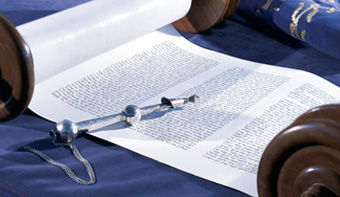
"Come, my friend," said Moshe again, "let us sit down and learn these writings together."
Suddenly, Yisrael was filled with bashfulness and started to blush. He was still a young boy, and this was a grown man. How could Reb Moshe call him "my friend" and say that they were to study the holy writings together, as two equals? "This is the son of one of the most famous Jews in Poland," thought Yisrael, "and his wife's father is one of the richest men in Okup. How could I ever be his friend?"
"I know what you are thinking," said Reb Moshe gently. "There is no need for you to worry. Let me tell you about two friends among the group of learned people in the Zohar."
At once Yisrael forgot his worry. The stories in the Zohar always enchanted him, and he was eager to hear this story. In other stories from the Zohar, he always found a kind of mirror, in which he saw things about his own life and future.
Rabbi Isaac then began: "In the Song of Songs, the Bible speaks of the good wine. This means the wine of Torah. When a person learns Torah, it is like drinking wine which is good for everything: good for life in this world and good for life in the world-to-come."
At that, the boy driving the donkey spoke up: "If it were written 'from the good wine, I would agree with you. But 'the good wine' is written."
"Well spoken, my son," said Rabbi Judah. "So tell us what you think it means."
The boy replied, " I heard that it is 'the good wine' when a person busies himself with the Torah and clings to it to the extent that words of Torah are heard from his mouth because it is necessary to learn Torah aloud. He does not whisper the words but speaks them out loud in the manner that wine will inspire a man to stop being still and to raise his voice."
The two rabbis were delighted with the boy's explanation and kissed him on the head. "What is your name?" they asked.
"Jesse," he replied.
"He already left this world," said the boy. "I really miss him. Every day he taught me three lessons of wisdom from the stories of the Torah. Now I live with a man who has taken me away from my learning. Every day I must go to work, but I still review all that I learned from my father."
After hearing this story from the Zohar that Reb Moshe told, Yisraelic burst into tears, overwhelmed by his feelings. Jesse, the boy driving the donkey, had been an orphan – and so was he. Jesse had studied again every day all that his father had taught him. Yisraelic remembered every day what his father had taught him, when he was a child of five: "I imagine the L-rd before me always." It became the rule of his life, always to believe and feel that the Almighty was right there before him. And just as the two aged rabbis had told the boy that some day he would be called Rabbi Jesse, Israelic hoped that someday he would be called Rabbi.
"Wasn't it amazing, Yisrael thought, that the two rabbis let the boy speak, listened to his words, and loved what he said. How different that was from the way that the men of Okup acted to him. They already had their minds strongly made up and didn't care what he or any child might say.
"Now," said the two sages to Jesse, "this man with whom you live – does he know how to learn any Torah?"
Then Rabbi Judah said, "If that were not the the case, l would go to his village to ask him if you might come and live with us. But now I see that we are not even allowed to see his face, because he is wicked. Just let the donkey return home by itself and come with us. But who really was your father?"
"Rabbi Ze'ira of Kfar Shemin," the lad replied.
"What is so surprising about that?" asked Rabbi Isaac. "If we learned something from his young son, the boy, we could surely learn much from the father himself."
As Yisrael sat lost in thought about the story, Reb Moshe waited a few moments in silence. Then he opened the first packet of his father's writings. "Come, my friend," he said once more, "let us study together." The hours went by as they learned the holy writings of Rabbi Adam Baal Shem about the creation of the world.
"What shall we do?" asked Yisrael, downcast. "Is there anyone we can ask? How can we find someone to come and explain it to me?"
"Yes!" exclaimed the boy. "That is what we'll do"; and his face shone with happiness. "With our holy words we'll make the angel of the Torah come and study with us!" He remembered reading in the Hebrew Bible that when an angel came and told Manoah's wife about the boy Samson who would be born to her. Manoah wanted to know more from the angel, and he prayed until the angel appeared again. With their holy word's they would pray in the same way. And then, he thought, the angel of the Torah would surely be happy to learn the holy writings with him and explain everything, just as Rabbi Judah and Rabbi Isaac were happy to learn Torah with Jesse the orphan.
Night after night, while the village of Okup slept peacefully, Yisraelic and the Reb Moshe sat in the little synagogue by candlelight, studying the holy names and ways of the angels in heaven.




